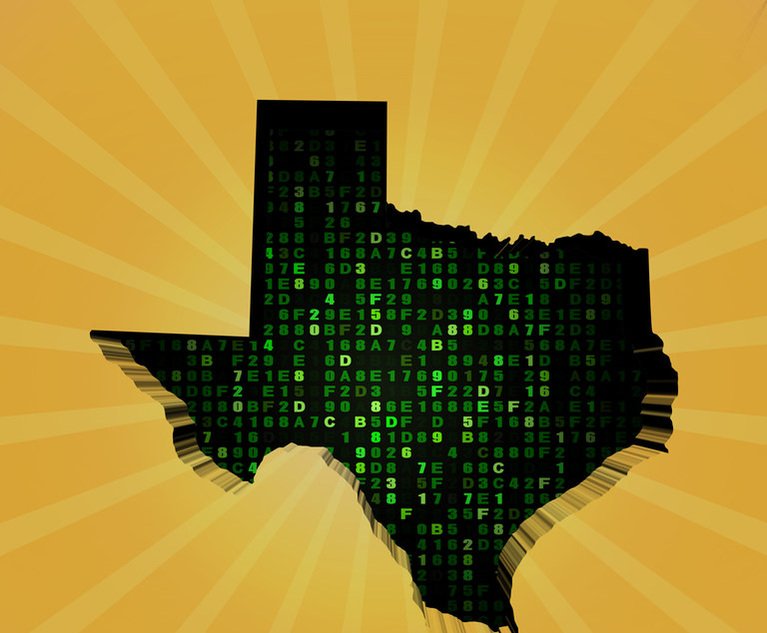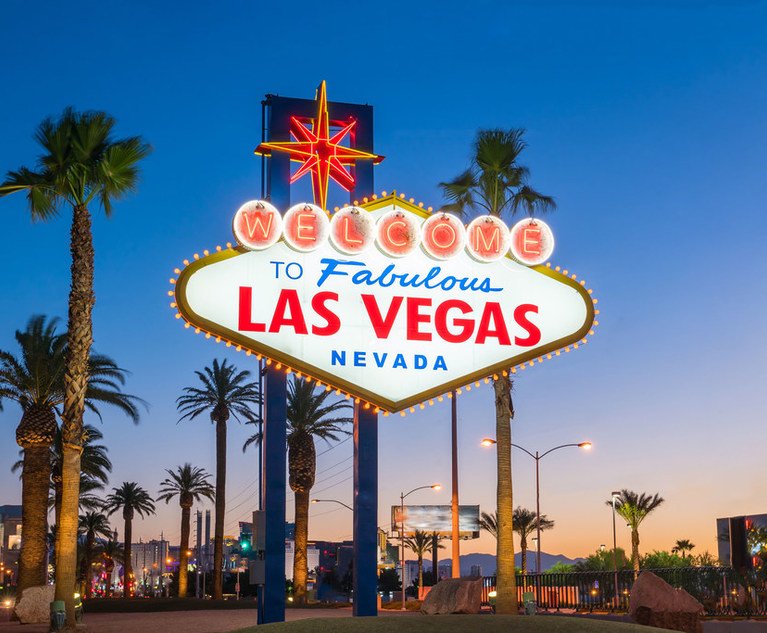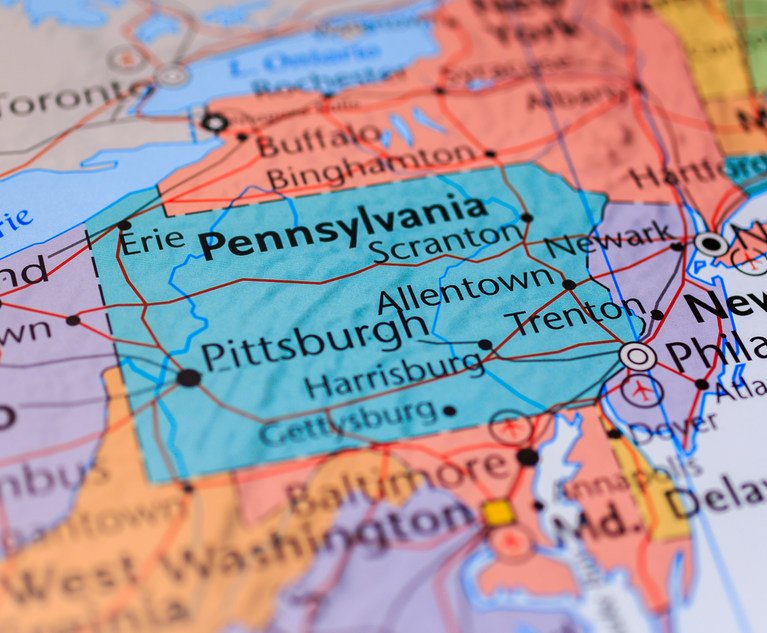Private flood insurance
The National Flood Insurance Program (NFIP) is facing reforms and a long-term reauthorization. The NFIP is an essential component to flood hazard protection and mitigation for U.S. personal and commercial policy consumers. "We support the NFIP and advocate for a long-term reauthorization and reforms that will enhance its partnership with the private market," says Keri Kish, general counsel and policy director at WSIA. "Since September 2017, the NFIP has been extended 25 times without reform or long-term reauthorization. Our biggest concern for the NFIP would be a lapse of the program if Congress cannot agree on terms of a reauthorization or if the program is caught up in a potential government shutdown."
Cannabis concerns
The SAFE Banking Act also is top-of-mind for WSIA members who are currently writing/placing cannabis risks or want to but cannot because of underlying laws. As Kish explained, presently, there are a significant number of states that have legalized cannabis for medical and/or recreational use. In these states the businesses that support the cannabis industry is legal, so they, just like all businesses, need financial services like insurance. "Although the business are legal in the states, in the federal government's eyes the proceeds from those businesses are still proceeds from scheduled drugs since marijuana remains on the federal drug schedule and therefore the federal banking system cannot accept the proceeds," Kish said. "Accepting premiums from the businesses and depositing them through the federal banking system is therefore problematic." The SAFE Banking Act would provide a "safe harbor" for the financial services industry when it is providing services to valid businesses in states where cannabis businesses are legal. "With the cannabis industry continuing to grow, so do the risks and the need for coverages that our market is particularly adept to handle," Kish said. "WSIA works with our fellow trade associations to advocate on Capitol Hill for this law, asking members of both parties to support it for those states and legitimate businesses that need the options and opportunities that the SAFE Banking Act will enhance."
National Association of Registered Agents and Brokers
WSIA has strongly supported National Association of Registered Agents and Brokers (NARAB), a national solution for brokers that have multiple non-resident producer licenses. And although it became law in January 2015, it has yet to become operational. "NARAB will offer the ease of a one-stop-shop for a broker that operates on a non-resident license in many states. Rather than having to renew and maintain that license in each state under various rules, they will be able to apply for their licenses with each of those states at one time, with one set of rules," Kish says. WSIA and other trade associations have pushed the Federal Insurance Office, the Senate Banking Committee and the White House to make the necessary nominations and approvals of Board Members in order for NARAB to become operational. "The appointment of the NARAB board is not controversial, but it has languished because of other priorities," Kish said. "Since then there have been other issues that have taken precedence over nominations for federal Boards, but we are confident that the NARAB nominees will begin again soon." In addition to these big picture, federal moves, WSIA's Legislative Committee highlighted several state-level issues, which are reviewed in the above slideshow. Related:
© Touchpoint Markets, All Rights Reserved. Request academic re-use from www.copyright.com. All other uses, submit a request to [email protected]. For more inforrmation visit Asset & Logo Licensing.






